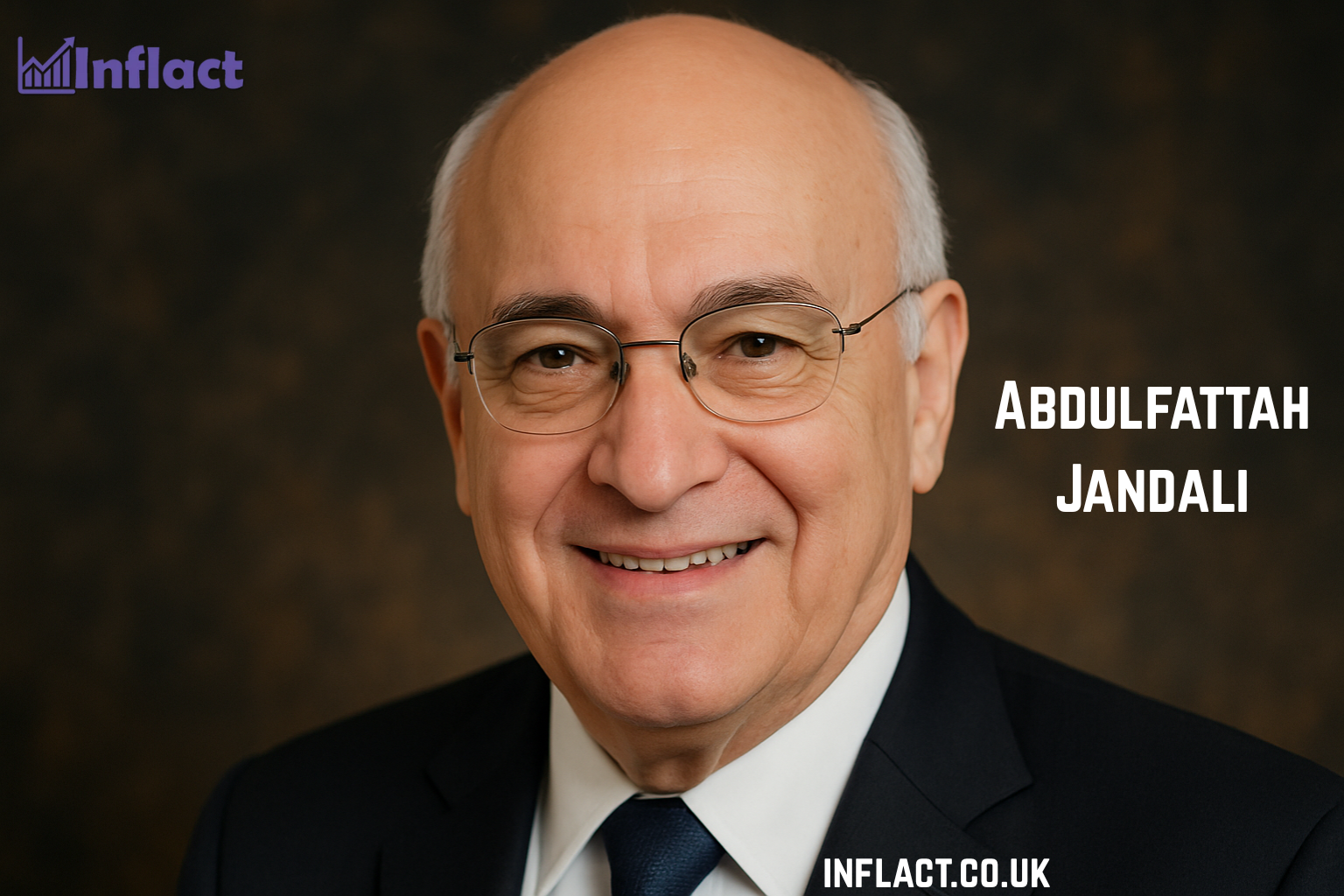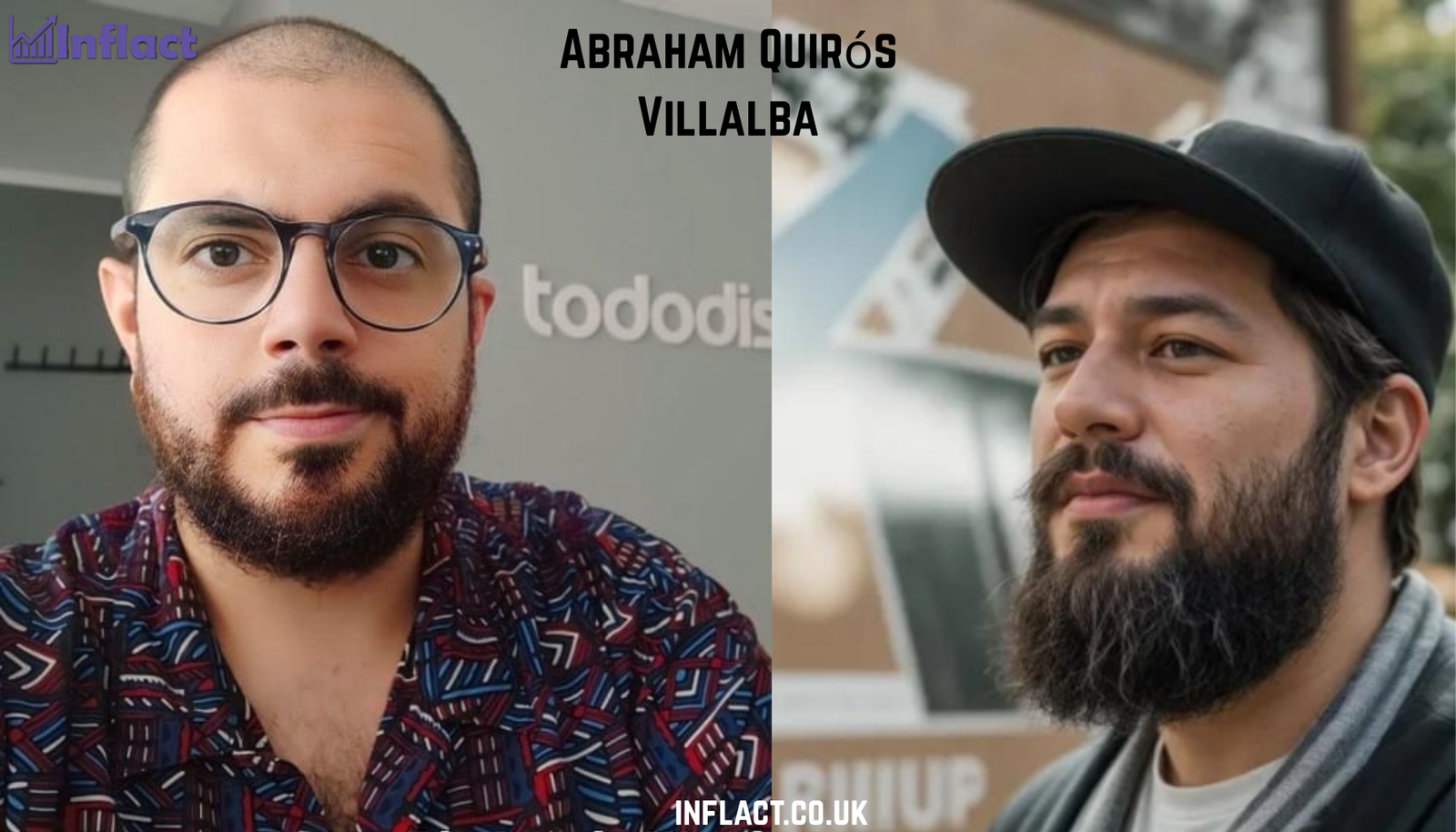Introduction
While Steve Jobs is a household name—celebrated for founding Apple and transforming technology as we know it—few are familiar with the man who fathered him. Abdulfattah Jandali, a Syrian immigrant, academic, and businessman, lived most of his life outside the limelight. Yet, his story is deeply interwoven with one of the most iconic figures in modern history.
This article explores the life of Abdulfattah “John” Jandali, his roots in Syria, his academic journey in the United States, his role as Steve Jobs’ biological father, and how his life unfolded away from fame. With a focus on family, identity, immigration, and cultural tension, this story offers rich insights into personal sacrifice, ambition, and the ripple effects of life decisions.
Early Life in Syria
Abdulfattah Jandali was born in 1931 in Homs, Syria, into a wealthy, politically influential family. His father was a successful self-made businessman who owned multiple villages, giving young Jandali a life of privilege and education. As a member of a prominent family, he received a strong foundation in academics, leading him to develop a deep interest in political science and philosophy.
Jandali later enrolled at the American University of Beirut (AUB), an elite institution that has produced many influential Middle Eastern thinkers. His education at AUB exposed him to Western political ideologies and inspired him to continue his academic journey in the United States.
Also Read: Marcia Harvey: A Story of Strength, Identity, and Life Beyond the Spotlight
Higher Education and Life in the United States
In the early 1950s, Jandali moved to the United States to pursue his Ph.D. in political science at the University of Wisconsin. It was here that he met Joanne Schieble, a fellow student. The two fell in love and started a relationship, but their differing religious and cultural backgrounds became a major obstacle.
Joanne’s conservative, Catholic family strongly opposed the idea of her marrying a Muslim Arab man. Despite their affection, the societal pressures of 1950s America made their union almost impossible. When Joanne became pregnant, her family insisted that the baby be given up for adoption. She eventually traveled to San Francisco, where she gave birth to Steve Jobs on February 24, 1955.
The Adoption of Steve Jobs
Soon after his birth, Steve Jobs was adopted by Paul and Clara Jobs, a blue-collar couple from Mountain View, California. Steve grew up unaware of his biological parentage, and for many years, so did Jandali. The decision to give Steve up was painful but was largely dictated by the socio-religious environment of the time.
Interestingly, Jandali and Joanne later married and had another child—Mona Simpson, who would grow up to become a successful novelist. However, their marriage did not last, and Jandali remained estranged from both children for the majority of their lives.
Career in Academia and Business
After completing his doctorate, Jandali pursued a brief academic career, teaching political science at various institutions. However, the academic world didn’t provide long-term stability, prompting him to switch fields. He eventually entered the hospitality and business sector, where he managed restaurants and later became vice president of Boomtown Casino and Hotel in Reno, Nevada.
While Steve Jobs was revolutionizing personal computing and leading Apple to global dominance, Jandali was running restaurants—often unaware of the magnitude of his son’s influence. The contrast between their lives is striking, yet it underscores the unpredictable paths that lives can take, even within the same family.
Relationship with Steve Jobs
One of the most poignant aspects of Jandali’s life is his lack of a relationship with Steve Jobs. Despite learning later in life that he was Jobs’ biological father, Jandali never reached out to establish a meaningful connection. According to reports, he once said he didn’t want to disturb Jobs or appear to be seeking anything from him.
In a twist of fate, it’s believed that Steve Jobs once dined at a restaurant managed by Jandali—without either of them realizing their biological connection. When Jandali did speak publicly, he expressed admiration for Jobs and regret for not having a relationship but emphasized that he respected his son’s wishes for privacy.
Legacy and Cultural Significance
Abdulfattah Jandali’s story raises important questions about immigration, family, cultural identity, and personal legacy. As a Syrian-American, he represents the complex narrative of many immigrants who come to the U.S. for opportunity but face deeply rooted cultural resistance.
He may not have contributed directly to Apple or Steve Jobs’ journey, but his story is a vital part of the broader narrative. It serves as a reminder that behind every public figure lies a web of private stories—often filled with tension, sacrifice, and silence.
Also Read: Ethan Page Furlong: A Look Into the Private Life of Edward Furlong’s Son
Frequently Asked Questions (FAQs)
Q1: Who is Abdulfattah Jandali?
Abdulfattah Jandali is the biological father of Apple co-founder Steve Jobs. Born in Syria in 1931, he immigrated to the United States for higher education, earned a Ph.D. in political science, and worked in both academia and the hospitality industry.
Q2: Why was Steve Jobs given up for adoption?
Jobs was given up for adoption due to the cultural and religious differences between Jandali and Joanne Schieble, and the strong disapproval from Schieble’s conservative family. As an unwed couple from different backgrounds in 1950s America, they faced intense pressure to give the baby up.
Q3: Did Abdulfattah Jandali and Steve Jobs ever meet?
No confirmed meeting ever took place. While they may have unknowingly crossed paths, especially when Jobs dined at a restaurant Jandali managed, there was no formal relationship or reunion between them.
Q4: What is Jandali’s professional background?
Jandali began his career in academia as a political science professor. He later transitioned to the restaurant and casino management industry and eventually served as a vice president at Boomtown Casino in Reno, Nevada.
Q5: Is Abdulfattah Jandali still alive?
As of recent public records, Jandali is alive but has continued to live a private and low-profile life, away from media attention and public scrutiny, especially after Steve Jobs’ passing in 2011.
Conclusion
The story of Abdulfattah Jandali is one of intellect, ambition, migration, and emotional complexity. Though history may remember Steve Jobs for changing the world of technology, the life of his biological father offers an equally compelling narrative of sacrifice, silence, and survival.
Jandali’s legacy is not one of fame, but of enduring questions: How do culture and circumstance shape destiny? What does it mean to live in the shadow of someone you gave up? And how many stories remain untold behind the scenes of history?
As the world continues to explore the lives of influential figures, it’s equally important to understand those who stood quietly behind them—shaping their beginnings, even if not their ends.




